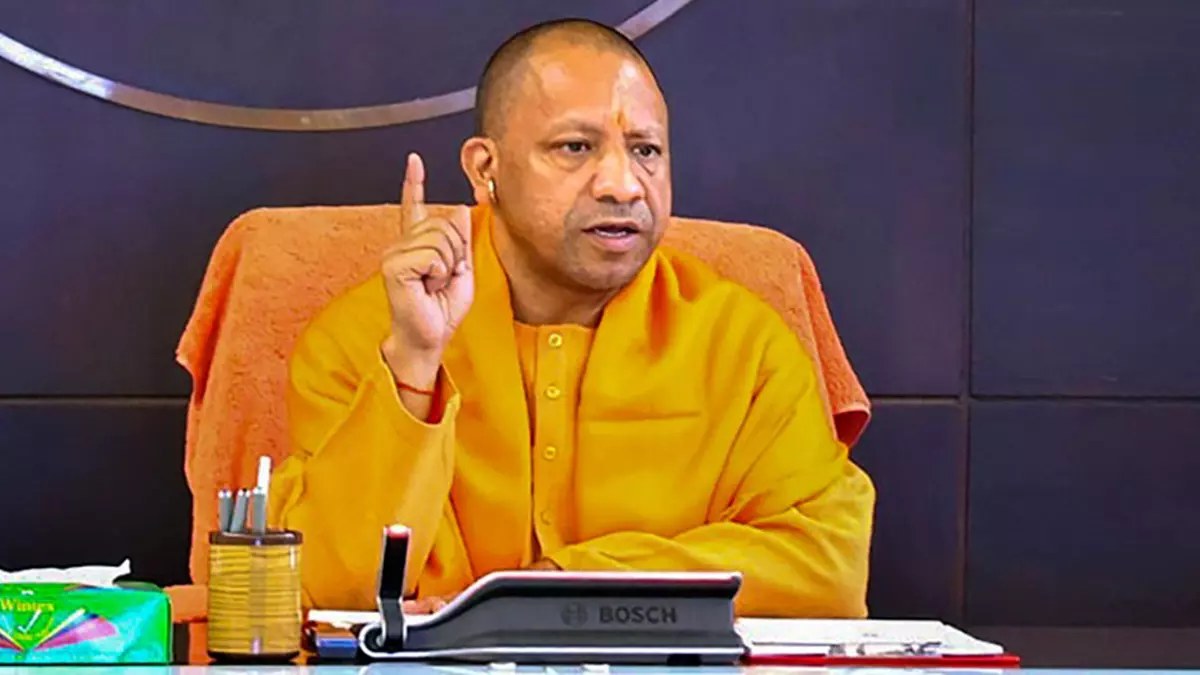AA Edit | Govts, leave social media alone

What can governments do about social media platforms? Facing the reality that the loosely regulated platforms of the World Wide Web that have hundreds of millions of followers are here to stay, there is little states can do to curb their popularity though governments have been known to act against those who use the platforms for nefarious purposes.
Amid a developing scenario in which both free-speech advocates and authoritarian governments are protesting the treatment being meted out to the CEO of Telegram who is facing the rigour of the law in France, the Uttar Pradesh government has taken an unusual stand to use the social media for boosting its popularity by paying social media influencers princely sums per month to promote its schemes, its ideas and its functioning.
At the same time, UP has threatened to take legal action against anti-national posts. Of course, they are not saying they will jail all critics, which is something that all state governments, irrespective of the alliance they belong to — NDA or INDIA — do. Tamil Nadu has even used the Goondas Act to jail one pesky critic while West Bengal and Karnataka act freely against critics of their political bosses.
There is a huge ambivalence to how the ubiquitous social media of the modern age is viewed. UP is displaying an ambition to play the spin master by paying for favourable posts. Other governments routinely advocate the free speech aspect of social media except when their leaders are targeted, which is when they drop all pretence of upholding democracy’s right to free speech and act against critics, even jail them.
Of course, it is curious that states should pay individuals for singing their praises even if no one has ever objected to their regularly advertising welfare schemes in the media, both print and electronic. Where the most anxiety is being caused is in bringing sweeping provisions to punish those who may post anti-national stuff. Who is to judge what is anti-national or seditious?
The less governments have to do with social media the better, save in finding ways to control the illegalities that take place through them. Tinkering with these double-edged swords is akin to inviting trouble. For instance, Telegram is banned in many countries like Iran but is still freely used there. Governments can hardly control social media and communication apps.
